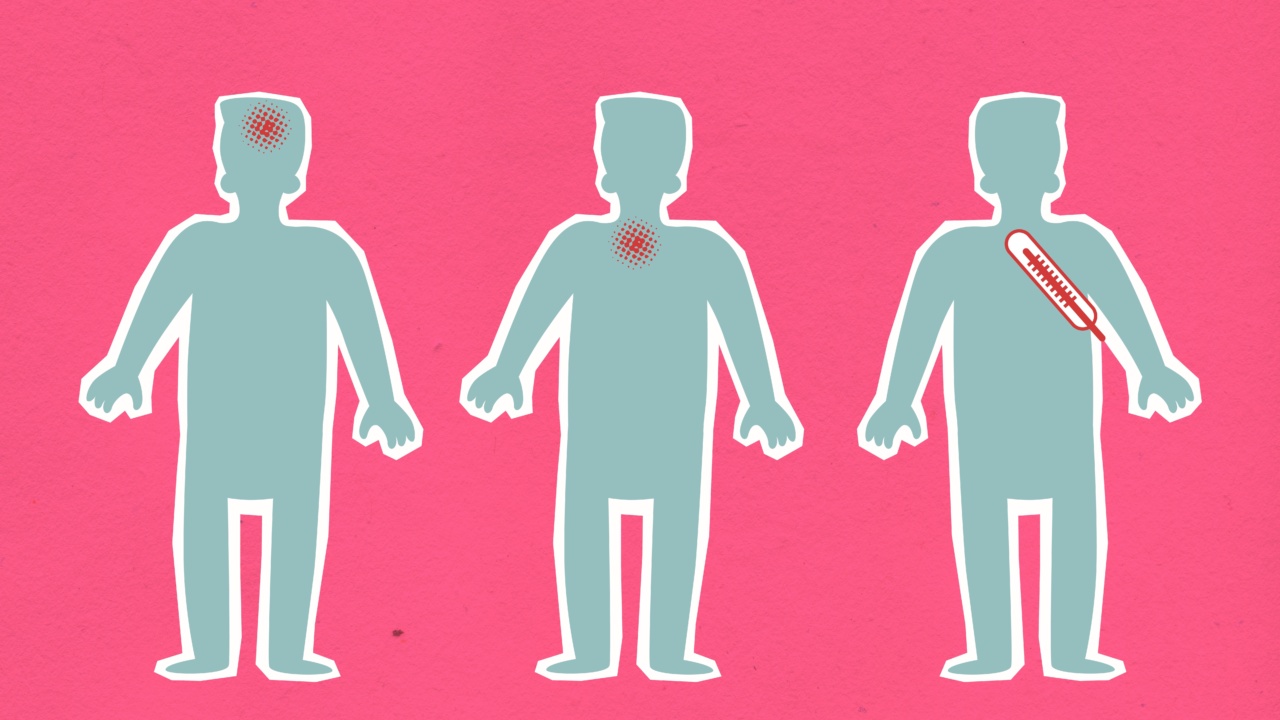As a parent, receiving a message like this from your child can be worrisome. A sore throat is a common ailment, but it can still cause discomfort and concern.
In this article, we will explore the causes, symptoms, and potential treatments for a sore throat, and provide some tips on how to alleviate the discomfort and promote healing.
The Causes of a Sore Throat
A sore throat can have various underlying causes, ranging from viral infections to environmental factors. Some common causes include:.
- Viral Infections: The most common cause of a sore throat is a viral infection, such as the common cold or flu. These infections typically resolve on their own within a few days.
- Bacterial Infections: Strep throat is a bacterial infection that can cause a severe sore throat. It requires medical attention and treatment with antibiotics.
- Environmental Factors: Dry air, pollution, and allergies can also contribute to a sore throat. Breathing through the mouth or being exposed to irritants can cause inflammation and discomfort.
- Acid Reflux: Acid reflux, or gastroesophageal reflux disease (GERD), can also lead to a sore throat. Stomach acid flowing back into the throat irritates the tissues.
Symptoms of a Sore Throat
A sore throat is often accompanied by other symptoms, which can help identify the cause. The common symptoms include:.
- Pain or discomfort: A constant or intermittent pain in the throat, especially while swallowing or talking.
- Scratchy sensation: The feeling of a rough or scratchy throat, as if something is irritating the tissues.
- Swollen glands: The lymph nodes in the neck may become tender and swollen.
- Cough: A dry or productive cough may be present, depending on the cause of the sore throat.
- Hoarseness: The voice may sound raspy or strained.
- Fever: In some cases, especially with bacterial infections, fever may be present.
Treatments and Home Remedies
While most sore throats improve on their own within a few days, there are several treatments and home remedies that can help alleviate symptoms and promote healing. It is important to consult a healthcare professional if the symptoms persist or worsen.
1. Rest and Hydration
Getting enough rest and staying hydrated can help the body fight off infections and facilitate healing. Encourage your child to drink plenty of fluids, such as water, herbal tea, or warm soup, to soothe the throat and prevent dehydration.
2. Saltwater Gargle
One of the oldest and most effective home remedies for a sore throat is a saltwater gargle. Mix half a teaspoon of salt in a glass of warm water and have your child gargle with it several times a day.
The salt helps reduce inflammation and ease discomfort.
3. Honey and Warm Water
Honey has natural antibacterial and soothing properties. Mix a spoonful of honey in a cup of warm water and have your child sip on it. This can help soothe the throat and alleviate irritation.
4. Over-the-Counter Pain Relievers
If the sore throat is causing significant discomfort, over-the-counter pain relievers such as acetaminophen or ibuprofen can be used. It is important to follow the recommended dosage for your child’s age.
5. Humidify the Air
Using a humidifier or placing a bowl of water near a heat source can add moisture to the air and help relieve dryness, especially during winter months or in dry climates.
6. Avoid Irritants
Encourage your child to avoid cigarette smoke, polluted areas, and other irritants that can further aggravate a sore throat. Additionally, remind them to practice good hygiene, such as regularly washing their hands, to prevent the spread of infections.
7. Warm Compress
Placing a warm compress or heating pad against the throat can help reduce pain and inflammation. Ensure that the compress is not too hot, and supervise its use, especially with younger children.
When to Seek Medical Attention
While most sore throats are not serious and resolve with home care, there are instances where medical attention is necessary. Contact a healthcare professional if:.
- The symptoms worsen or persist for more than a week
- There is difficulty breathing or swallowing
- Fever is high or accompanied by other severe symptoms
- There is swelling or pus formation in the throat
A healthcare professional can diagnose the underlying cause of the sore throat and prescribe appropriate treatment if needed.
The Road to Recovery
Recovery from a sore throat often depends on the underlying cause. Viral infections generally improve within a week with rest and home remedies. Bacterial infections may require antibiotics to fully recover.
Encourage your child to get plenty of rest, stay hydrated, and take any prescribed medications as directed.
It is also important to maintain good overall health, engage in regular handwashing, and practice respiratory etiquettes to prevent the spread of infections.
With proper care and attention, your child’s sore throat should improve, and they will be back to their healthy, energetic selves in no time!.





























